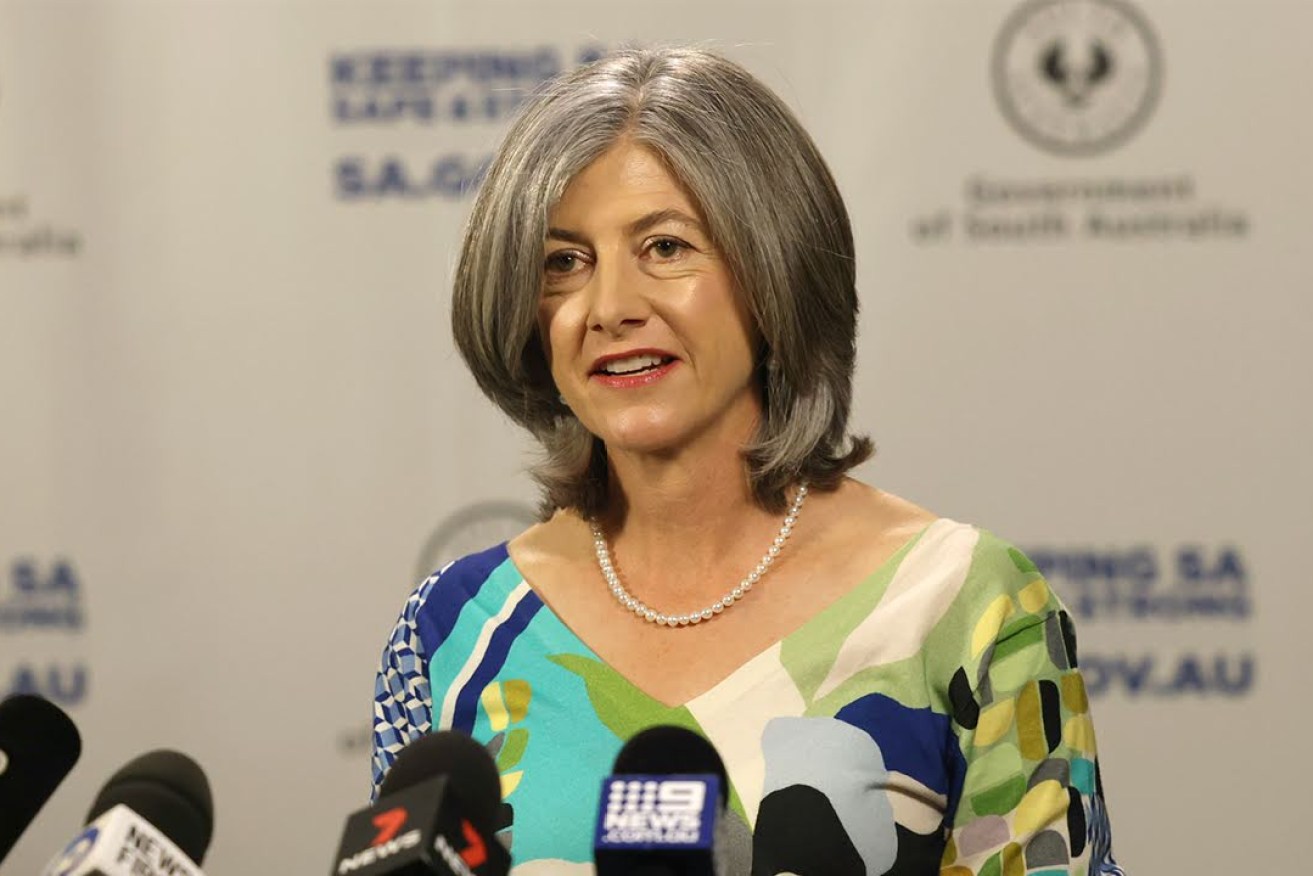Free RATs as COVID curve flattens
Free rapid antigen tests are being offered to all South Australians ahead of a move to shut drive-through PCR testing sites by early next year.


Photo: Tony Lewis/InDaily
Chief Public Health Officer Professor Nicola Spurrier said all South Australians can get five free RATs from collection sites around the state to help support testing during the current COVID-19 wave peak that she believed is nearing its end.
Up to 500,000 kits will be available at existing RAT collection points, community centres, non-government organisations and independent disability living facilities across the state to collect free-of-charge until the end of the year.
Anyone is eligible to collect the free tests, which were previously only available to close contacts and concession holders and those who had registered.
Demand for RATs will be reviewed after December 31.
“The Government is going to make RATs more readily available,” Spurrier said.
“The expansion of our free RAT distribution program will help South Australians access testing for themselves and members of their family to help reduce spread of the disease to others.
“In addition, the RAT program will also be expanded to directly support emergency service volunteers and those living and working in vulnerable settings.”
She also said dedicated drive-through PCR testing facilities and RAT collection sites are being closed after the holiday season on January 8 as the state is “looking to move that back to a more business-as-usual testing regime”.
After January 8, COVID-19 PCR testing will happen through GP referral at many existing SA Pathology collection centres, and some private providers will also continue offering the service.
PCR testing will focus on those more vulnerable to COVID-19 complications, those older than 70 years of age or who have existing health problems.
Aged care facilities are being provided with information about vaccine policies for staff with a recommendation that masks be worn by staff and visitors with the current heightened risks.
The news comes as South Australia’s COVID-19 cases continue to rise with 9000 new cases reported in the past week and 140 people with COVID-19 in hospital, including 11 patients in intensive care. SA Health reported another eight South Australians have died from COVID-related complications.
Deaths reported in the past week may not have occurred in the week they are reported.
SA Health figures show there were 6601 active cases in the state at midnight last night, with cases more than doubling in the past four weeks.
Last week there were 8346 COVID-19 reported cases, up from 6867 cases the week before and 3797 cases three weeks ago.
However, Spurrier says the case curve is flattening quickly.
“We had a steep increase (in cases) and then we’ve just flattened off and we’re really flattening off now,” Spurrier said.
“I’d be saying that we are getting towards the peak.
“Until we actually see the case numbers come down, I can’t tell you and officially say that we’re at the peak, but we’re certainly at that top and at that plateau, which is obviously good news.”
As case numbers go down, Spurrier said further advice on mask-wearing will be provided, with modelling showing there is a chance another wave could occur in February next year.
“What we do know is we will have successive waves of COVID and they will get smaller and smaller,” she said.
“Eventually the expectation is… that we’ll start to see some seasonality like we do with flu, but that may take a number of years.”
In the past week, 25,178 people received a PCR test in South Australia, a 21 per cent increase on the previous week. Of the test results returned, 4162 PCR tests were positive, while 4184 positive RAT results were reported.
Currently, 96.5 per cent of eligible South Australians aged over 12 years have received their first dose of the vaccine and 94.6 per cent have received their second dose.
Boosters have been administered to 75.5 per cent of eligible South Australians and 71.6 per cent of South Australians aged over 16.
Despite the rise in infections, a survey of 1000 Australian adults by Pfizer this month shows almost two-thirds of Australians believe the worst of the COVID-19 pandemic is behind them.
One in three people is less likely to get tested when they have symptoms now compared with a year ago.
– with AAP




